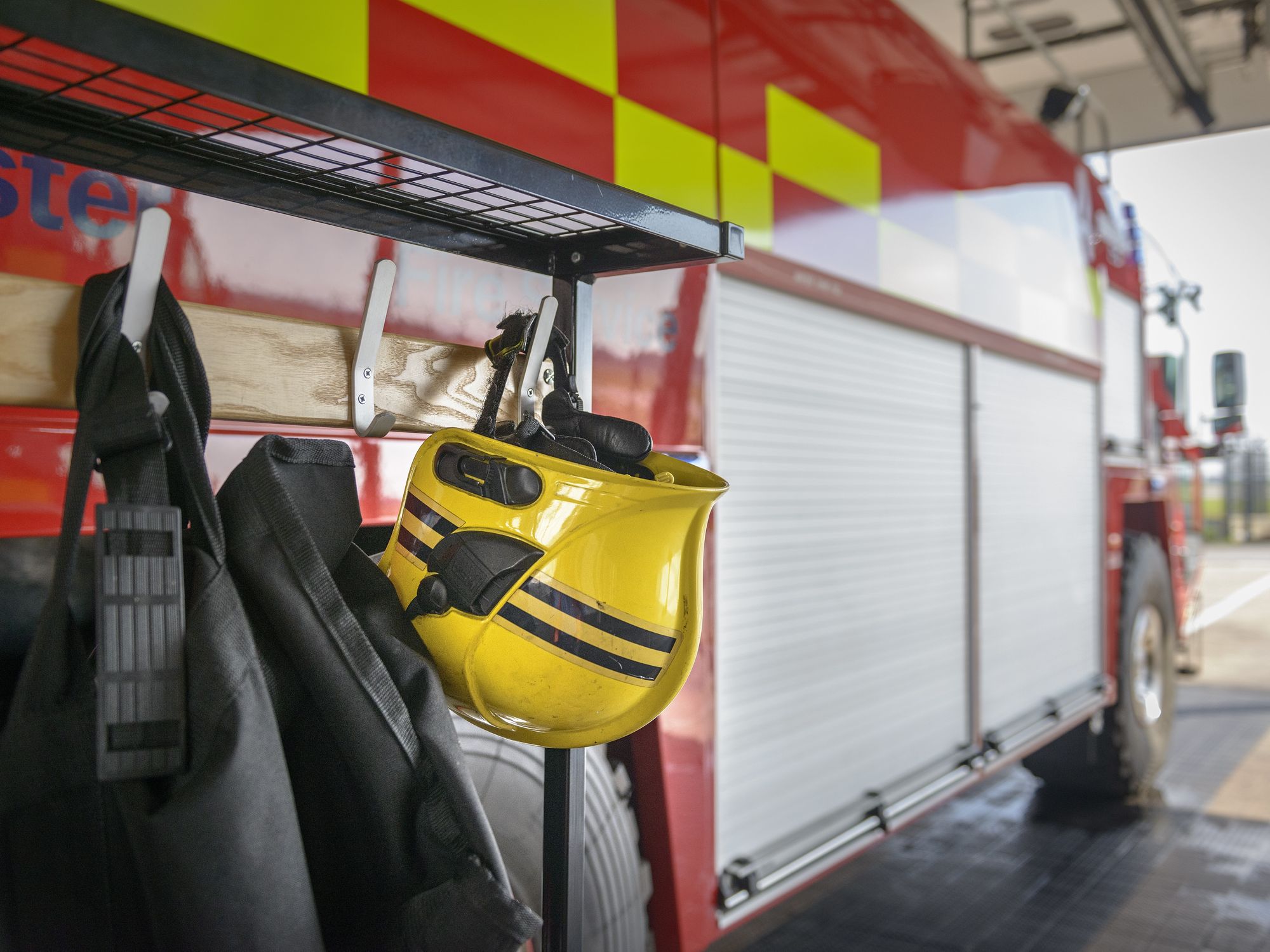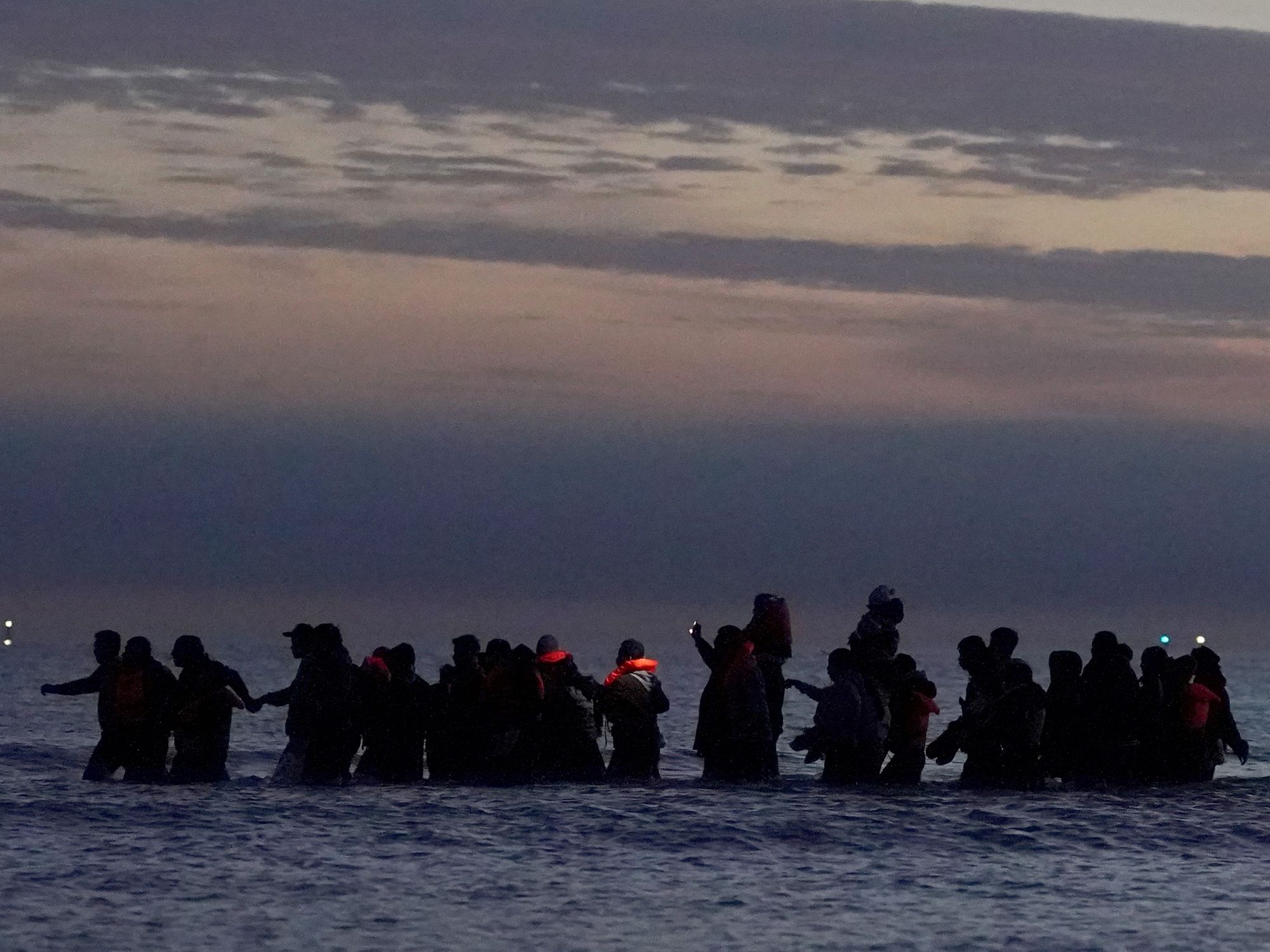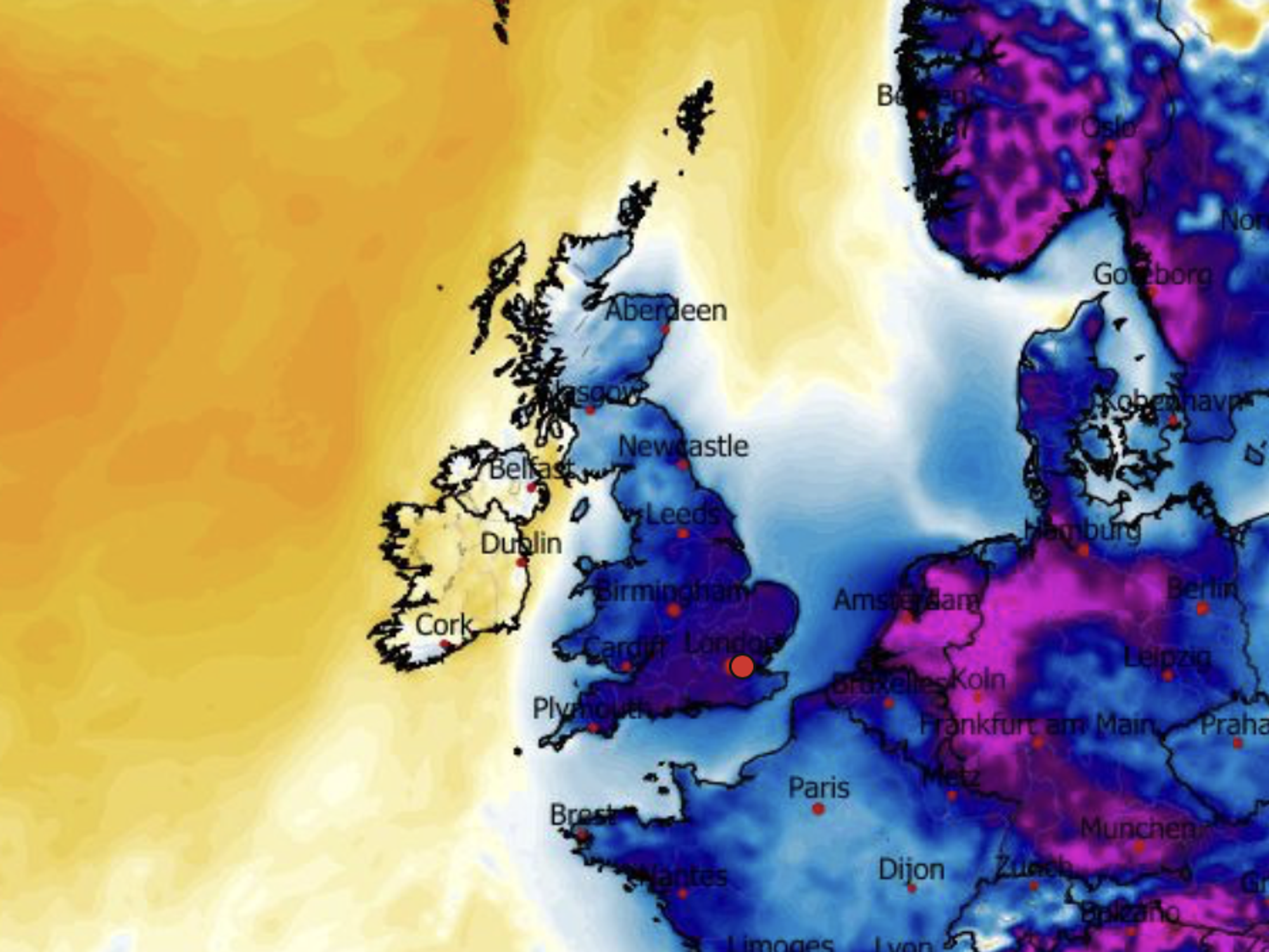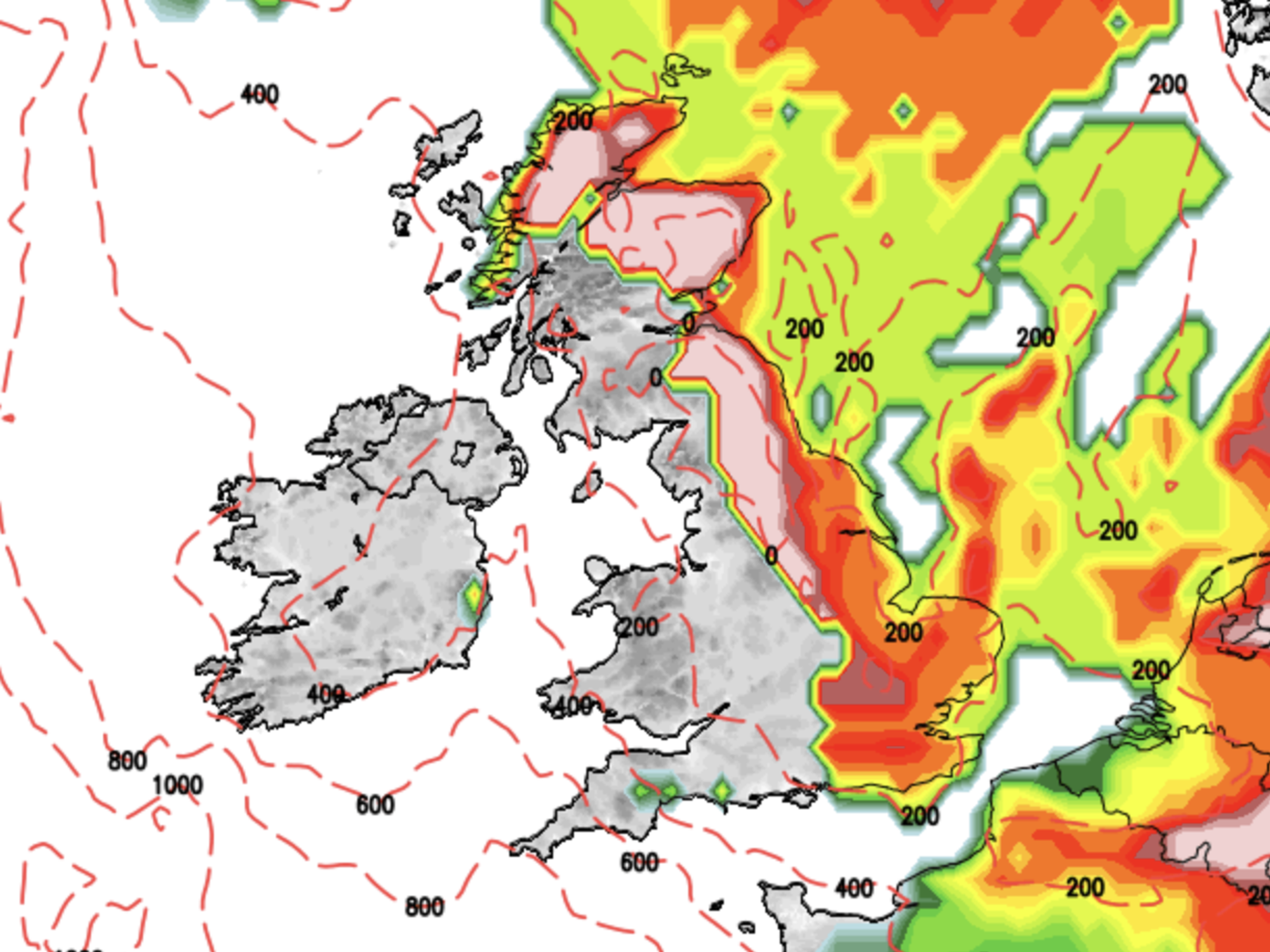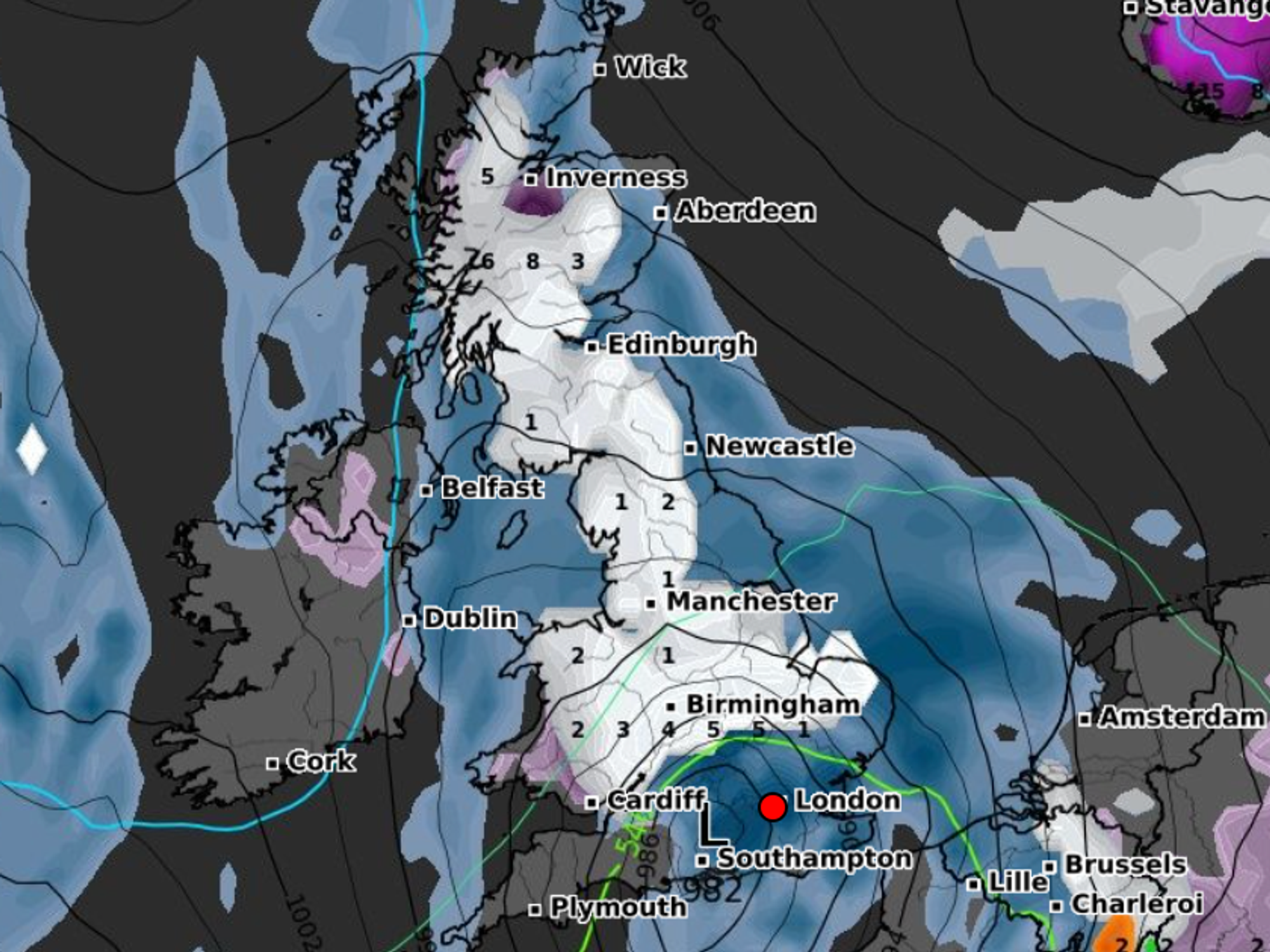Tenerife wildfires: Thousands evacuated on popular holiday island - plea for emergency help
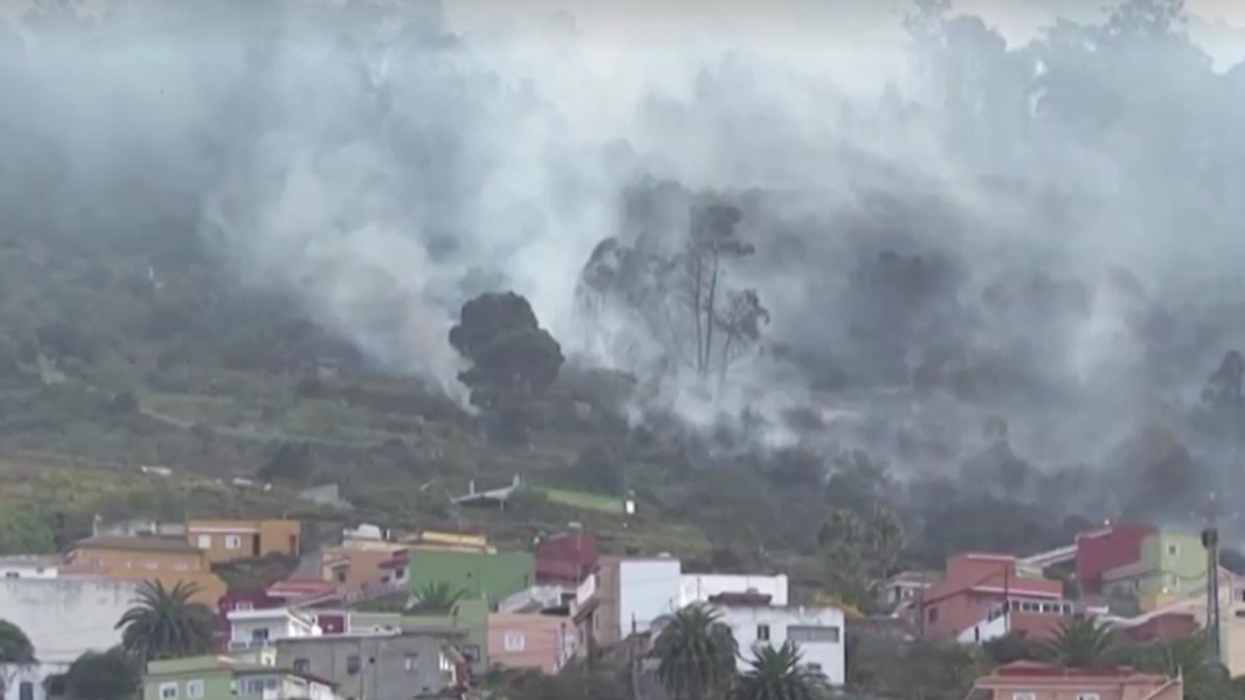
The wildfire started last night
|Reuters

The same forest was stuck by wildfires in August
Don't Miss
Most Read
Over 3,000 people have been evacuated from their homes on the popular British holiday destination of Tenerife after a wildfire started yesterday.
Emergency services have declared a high-state emergency in the area.
They announced on social media that they had requested assistance from the Army.
The wildfire is reported to have been started by high temperatures and strong winds.
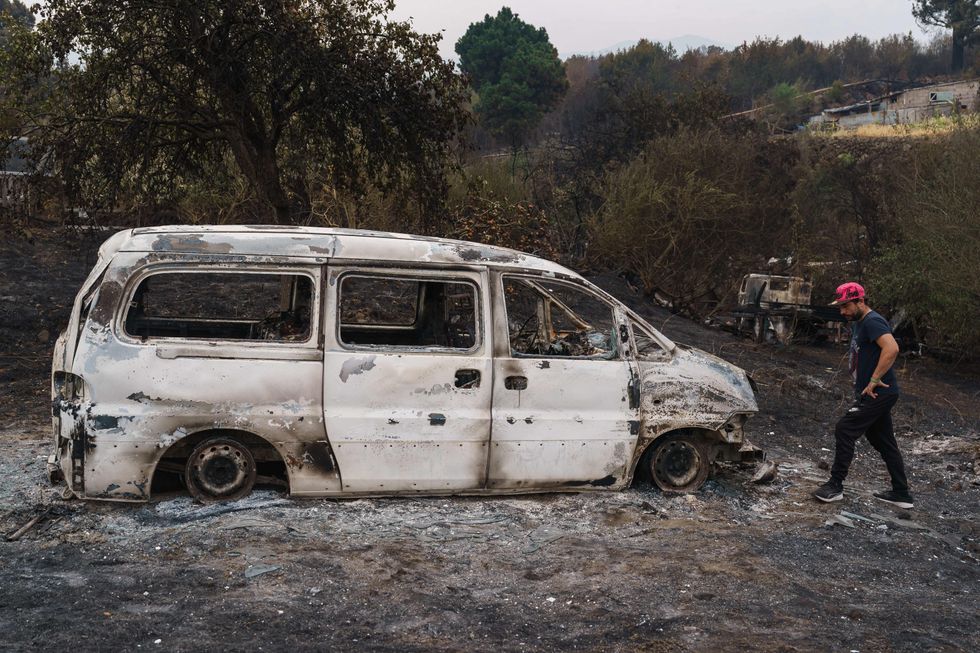
A resident looks at his charred car after returning to his home during the August wildfire
|Getty
Firefighters have been tackling the blaze with six water-carrying helicopters.
2,400 people were evacuated from the town of Santa Ursula whilst another 300 were ordered to leave their homes in La Orotava.
The forest is the same one that was ravaged by wildfires in August.
The August wildfire burned for days, and destroyed around 37,000 acres of land.
SPAIN LATEST:
- Red Arrows axed from flying over Gibraltar after furious row with Spain
- Migrant crisis: People smuggling gangs in new high speed tactic for drop offs
- Spain holiday warning: Canary Islands hit with ten earthquakes in 24 hours
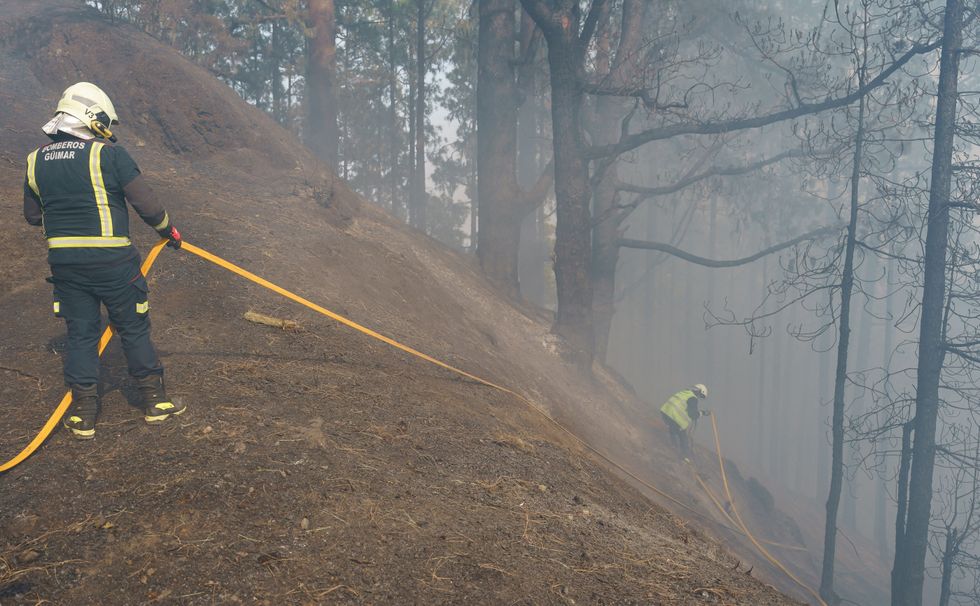
The same forest was stuck by wildfires in August
|Getty
Fires spread around a national park surrounding the Mount Teide volcano, Spain's highest peak.
Thousands also had to be evacuated from their homes, but most have since returned.
The Canary Islands regional leader, Fernando Clavijo, said on that the August fire had never been fully extinguished, as embers continued to burn in the woodlands.
"There is less fuel (for the fire), so it shouldn't get out of hand," Clavijo said, referring to land already ravaged by flames.
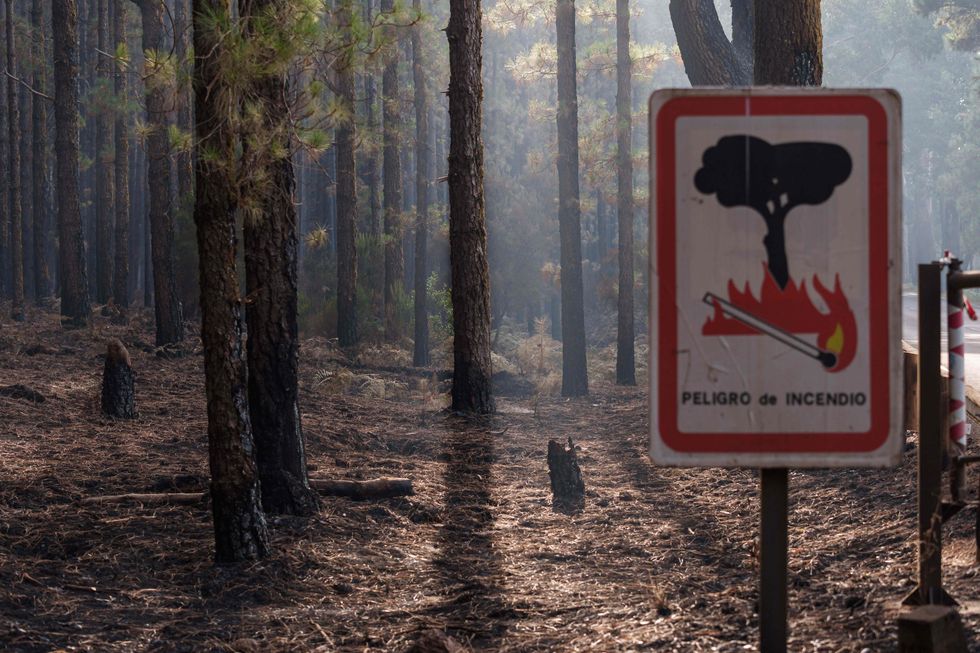
Tenerife and its neighbouring island of Gran Canaria have been put under heat alert
|Getty
Popular hotspots for tourists have been unaffected by the blaze that began yesterday.
Both of the island's airports are still operating as usual.
Tenerife and its neighbouring island of Gran Canaria have been put under heat alert.
Soaring temperatures of above 30C have been recorded, which is higher than expected during the autumn months.
In July, thousands of residents and tourists were evacuated from the Canaries after a forest fire ravaged the Spanish island of La Palma.





